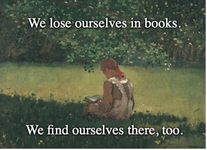I have a question, a question and a few subsidiaries. It's a big, wide, existential kind of question. That, or a down-the-pub-after-one-too-many kind of question. One of the two.
What is a hero in 2020? What do they do that makes them heroic? Can someone still be heroic without the rest of us muttering cynically?
But mostly the question is the first one:
What is a hero?
What is a hero in 2020? What do they do that makes them heroic? Can someone still be heroic without the rest of us muttering cynically?
But mostly the question is the first one:
What is a hero?

